(CLO) People who use ChatGPT regularly tend to be lonelier, more emotionally dependent on AI tools, and have fewer real-life social relationships, according to new research from OpenAI and MIT Media Lab.
Data from nearly 40 million interactions with ChatGPT shows that people who tend to chat with ChatGPT in person are more likely to feel lonely. The research also raises an important question: Are chatbots making users feel lonelier, or are lonely people seeking connection from AI?
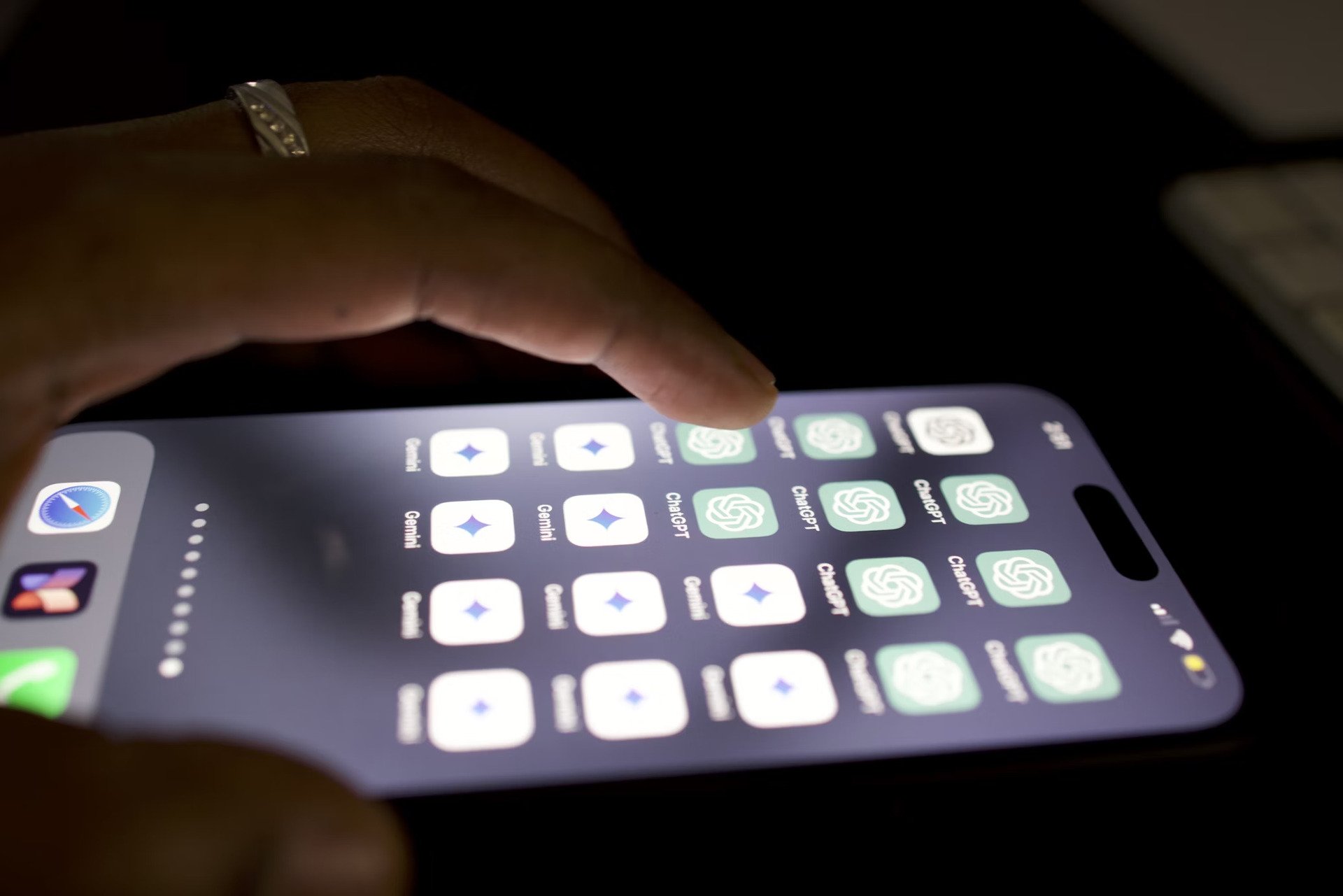
Illustration: Unsplash
The study consisted of two parts. In the first study, the researchers analyzed data from nearly 40 million ChatGPT conversations and surveyed 4,076 users about their feelings about using the tool. The results showed that people who spent more time chatting with AI tended to feel more lonely and dependent on it.
In the second study, the MIT Media Lab recruited nearly 1,000 participants for a four-week experiment. They interacted with ChatGPT for at least five minutes each day, then completed a questionnaire that assessed their loneliness, social interactions, and dependence on the chatbot.
Results showed that after four weeks, female users tended to communicate less with others than male users. In particular, those who chatted with ChatGPT in a voice of the opposite gender had significantly higher levels of loneliness and emotional dependence on the chatbot.
Initially, researchers found that voice chatbots were more effective at reducing loneliness than text-only chatbots. But as usage increased, this effect gradually disappeared.
These findings are consistent with a previous study from the MIT Media Lab in 2023, which found that AI chatbots tend to mirror users’ emotions. If a user messages in a happy mood, the chatbot responds more positively, and vice versa.
Dr Andrew Rogoyski, Director of the University of Surrey's Institute for Human-Centred Artificial Intelligence, warns that humans tend to perceive AI as an emotional entity, making conversing with chatbots psychologically dangerous.
He compared confiding in AI too much to “doing brain surgery without knowing the long-term effects,” warning that the negative effects could be even more serious than social media.
Dr Theodore Cosco, a researcher at the University of Oxford, said the study raised significant concerns about the misuse of chatbots, but also opened up many opportunities. He said AI could play a positive role in supporting people who feel isolated, but that control and caution would be needed in everyday life.
Dr Doris Dippold, an expert in cross-cultural communication at the University of Surrey, questions whether the reliance on chatbots is due to people being “stuck” to their computers or phones instead of communicating directly with others. Or perhaps interacting with AI itself is making people crave more connection.
Although there are no exact conclusions, this study emphasizes that AI is having a great impact on human life, especially in terms of emotions and social relationships.
Hoai Phuong (according to Guardian, Fortune)
Source: https://www.congluan.vn/nguoi-dung-chatgpt-nhieu-co-xu-huong-co-don-hon-post340148.html



![[Photo] Prime Minister Pham Minh Chinh chairs meeting to urge highway projects](https://vstatic.vietnam.vn/vietnam/resource/IMAGE/2025/3/29/6a3e175f69ea45f8bfc3c272cde3e27a)
![[Photo] Dong Ho Paintings - Old Styles Tell Modern Stories](https://vstatic.vietnam.vn/vietnam/resource/IMAGE/2025/3/29/317613ad8519462488572377727dda93)



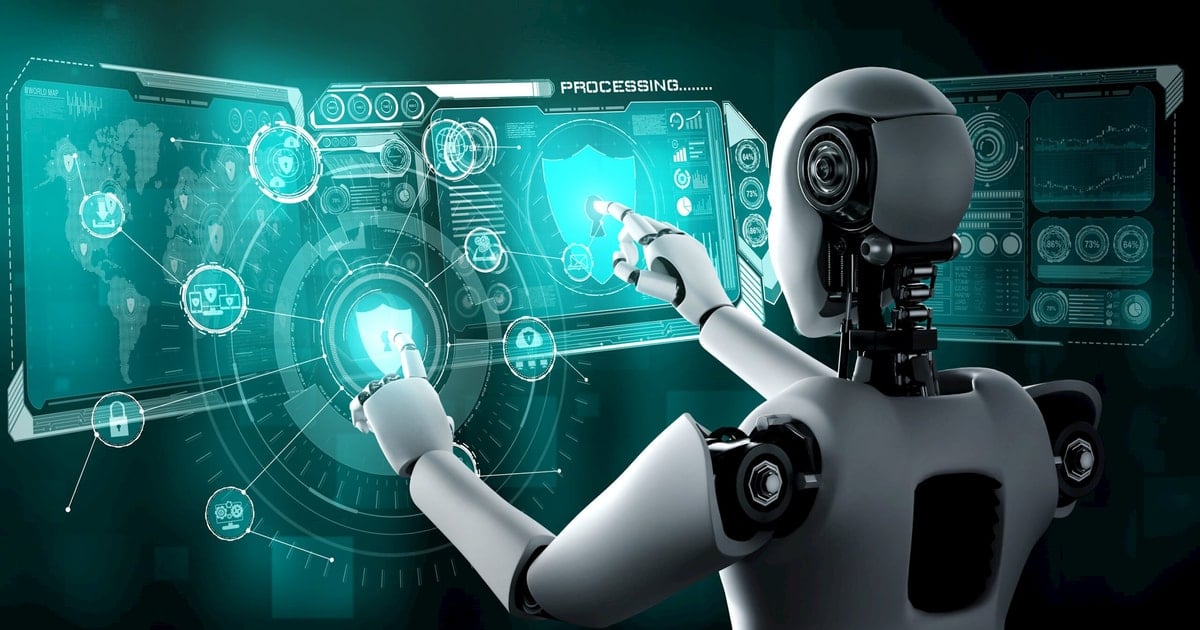



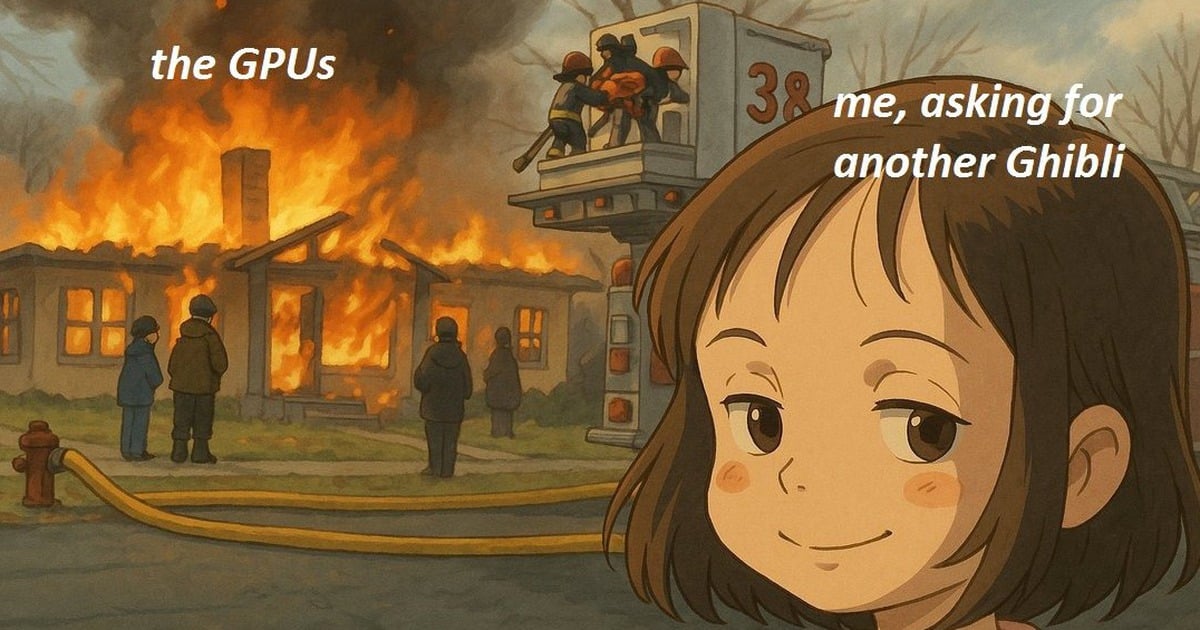

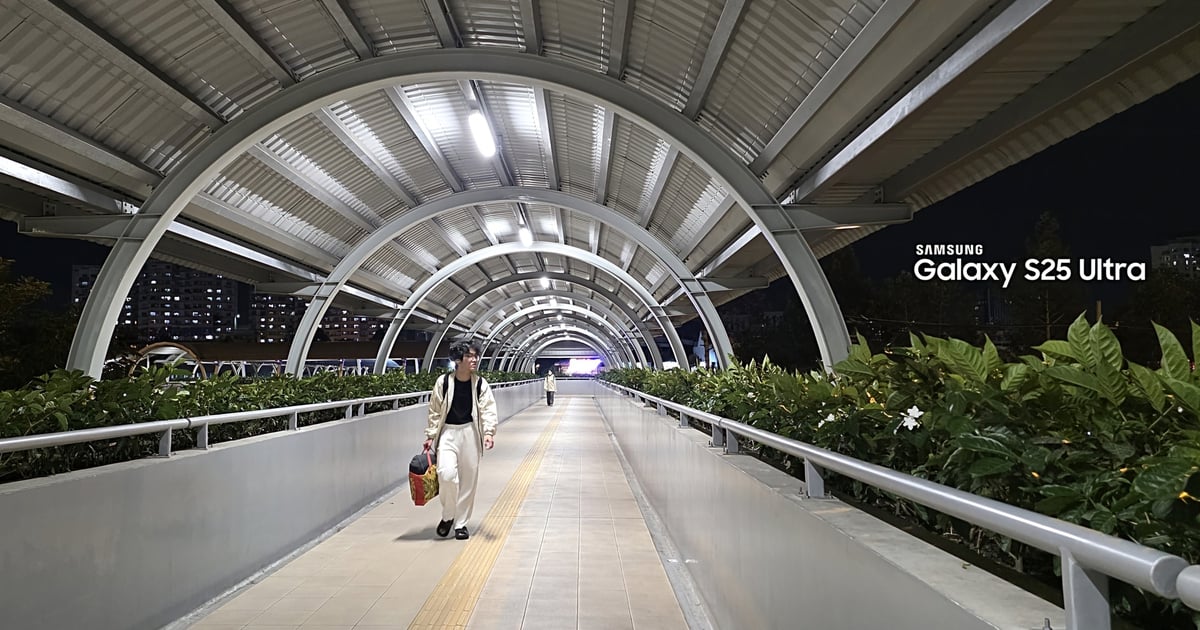

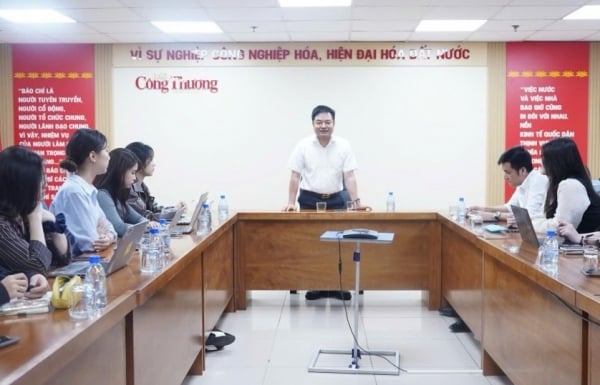



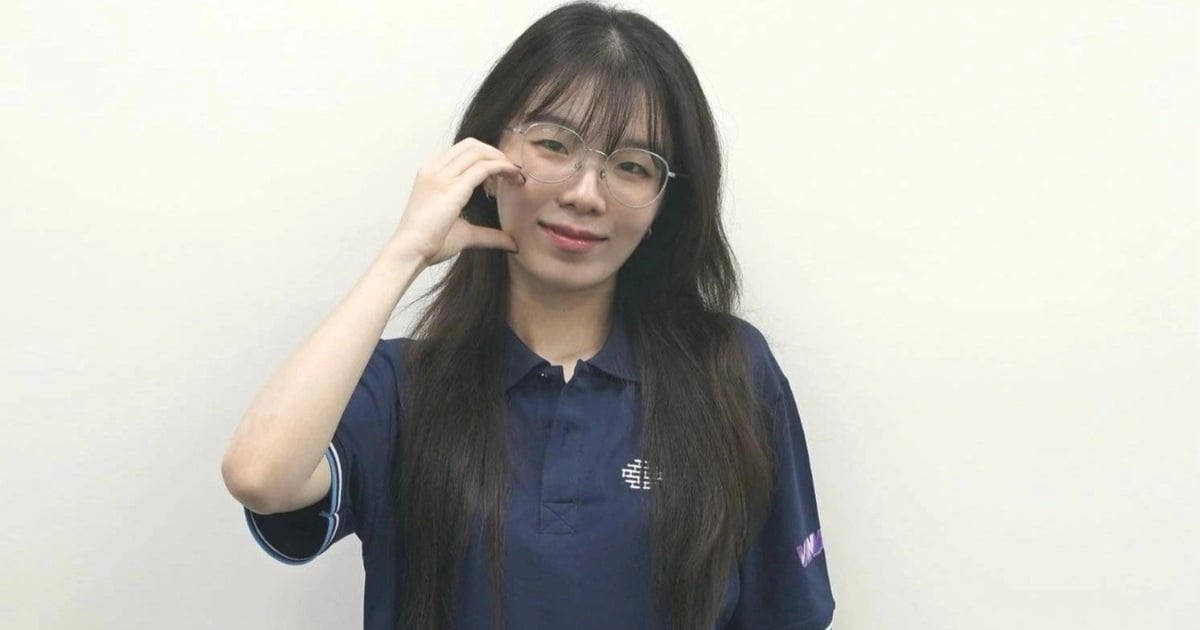





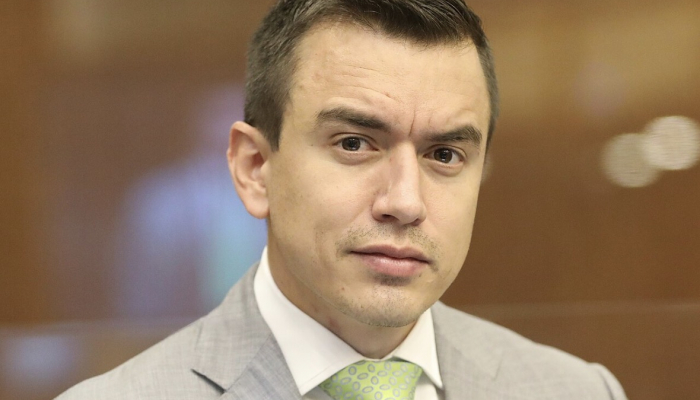





![[Photo] Prime Minister Pham Minh Chinh and Brazilian President Luiz Inácio Lula da Silva attend the Vietnam-Brazil Economic Forum](https://vstatic.vietnam.vn/vietnam/resource/IMAGE/2025/3/29/f3fd11b0421949878011a8f5da318635)



















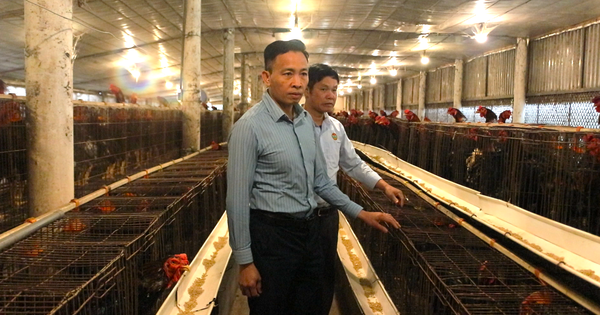


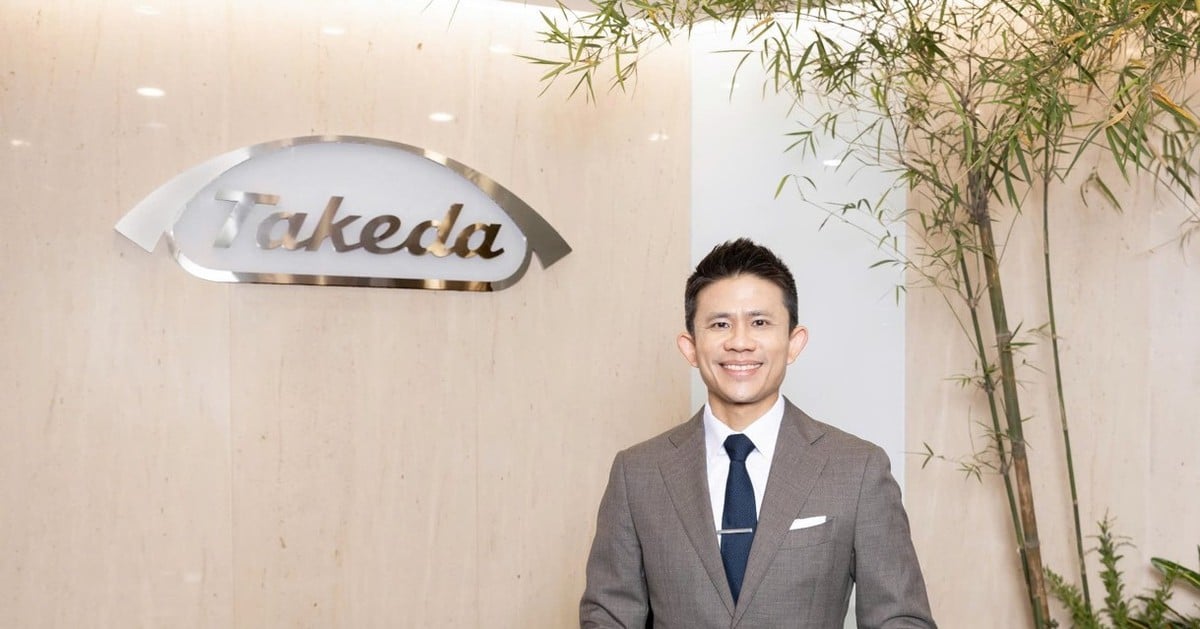









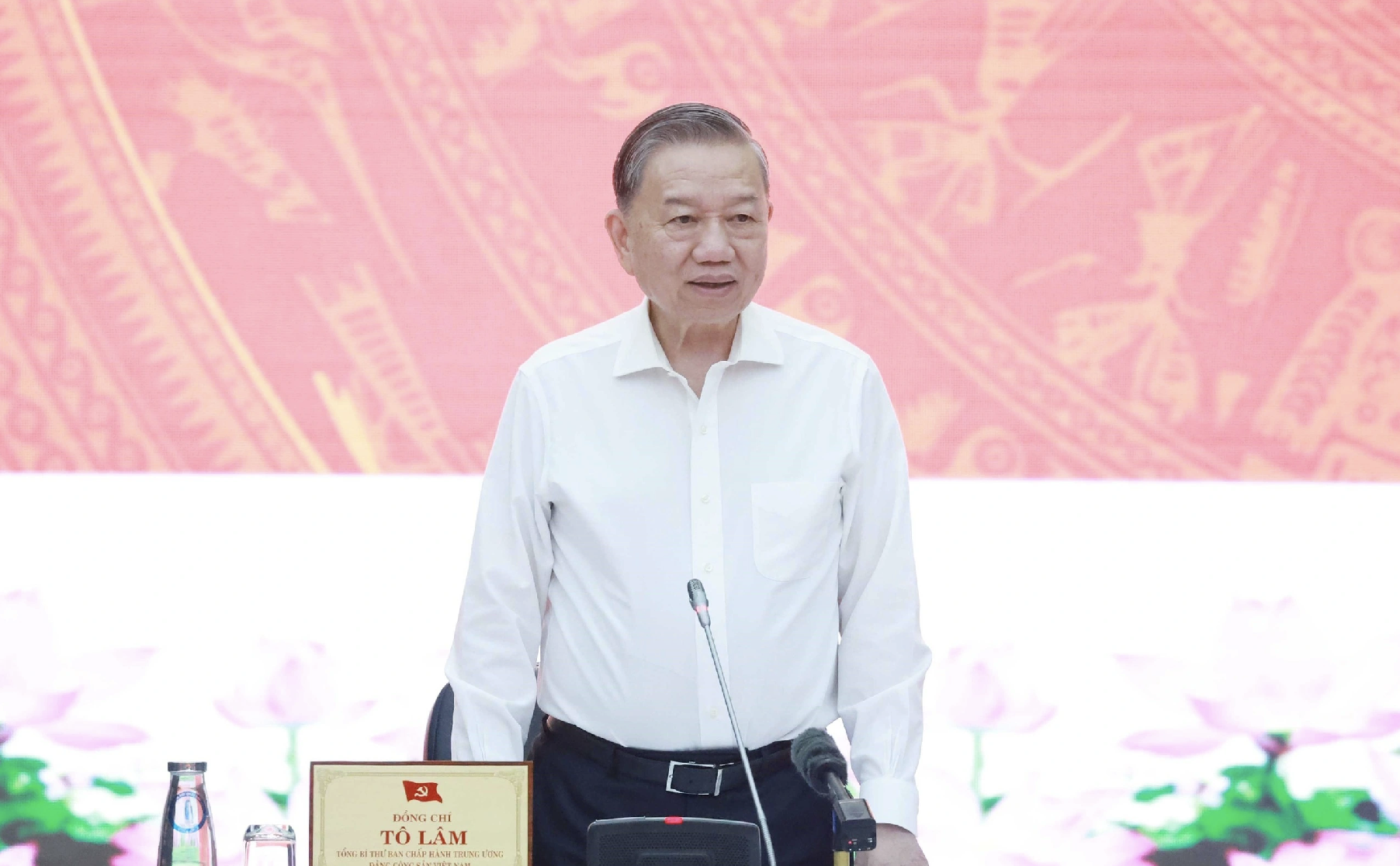








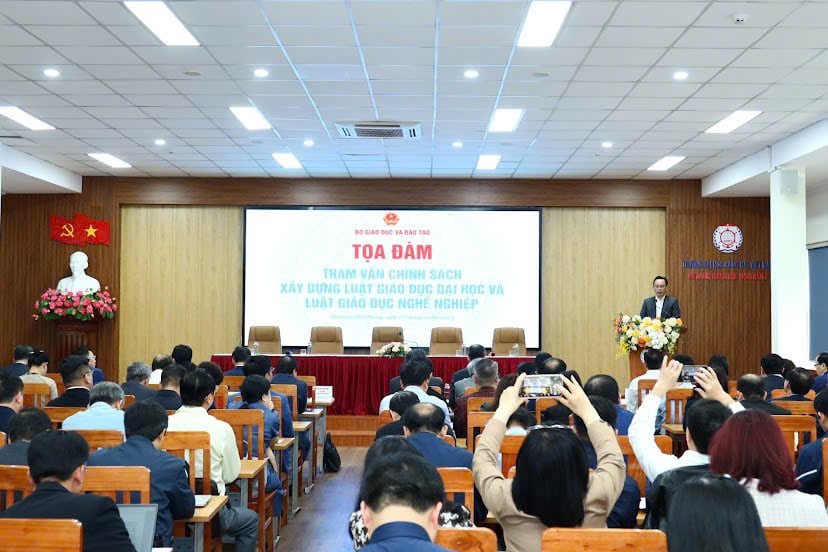













![[REVIEW OCOP] An Lanh Huong Vet Yen Cat](https://vstatic.vietnam.vn/vietnam/resource/IMAGE/2025/3/27/c25032328e9a47be9991d5be7c0cad8c)









Comment (0)